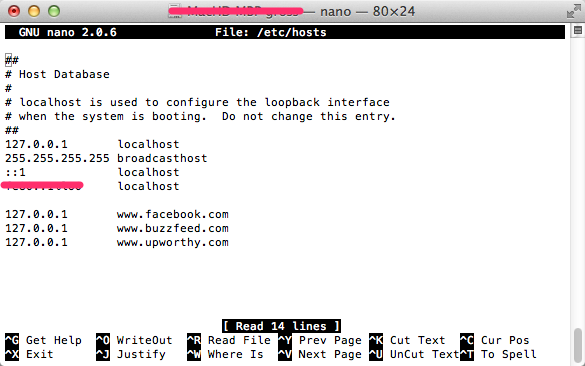In the past couple of weeks we’ve seen where peoples’ desire for security will lead us: to the surveillance state, as has been revealed by the publication of PRISM.
For me personally it takes me back a bit to what happened surrounding the introduction of the SOPA and ACTA bills. Back then, if you remember, “the whole internet”™ went into an uproar unlike anything ever seen in the technology world. Google went black. Wikipedia went black. Reddit went black. The world pretty much ended according to people who are more than interested in removing any individual rights that may be in the way of the tech industry moving forwards.
Where is the outrage now? Where are the demonstrations now? Where is the political youth opposing this surveillance and promoting a free civilized society based on the rule of law? Unfortunately they are nowhere and here are my thoughts about why:
In the case of the copyright debate the primary reason for the outcry was, just as many colleagues had suspected all along, purely about the filesharing aspect of the privacy debate. None of the true political implications that came along with it. And all the talk about privacy and surveillance state and the likes where smokescreens in order to justify taking away the rights (and by extension the ability to monetize their works) of millions of authors in order to personally not be liable for watching TV series, movies and listening to music without paying for it. Because, in no way would copyright lead to what this article in the guardian talks about and I share a quick quote:
Lavabit has been told that they would face serious criminal sanctions if they publicly discuss what is being done to their company. Thus we get hostage-message-sounding missives like this:
I wish that I could legally share with you the events that led to my decision. I cannot. I feel you deserve to know what’s going on – the first amendment is supposed to guarantee me the freedom to speak out in situations like this. Unfortunately, Congress has passed laws that say otherwise. As things currently stand, I cannot share my experiences over the last six weeks, even though I have twice made the appropriate requests.”
I have been of both sides of the copyright debate: when Napster came out I was just starting out in the industry and felt like the industry kept me out by design. I was happy that something “interrupted them” and “put them in their place” and defended it.
But after slowly making my way into the industry and starting to actually understand how the industry works, how the different institutions function (many of whom I still don’t agree with, but that doesn’t warrant taking away their right to exist!!) and what the struggle being a media creator supporting a family really means, but first and foremost: that the only thing I, as a media creator, have to sell is a license, I have felt the attacks of the copyleft movement to be intimately personal, vile and solely aimed at taking away my possibility to monetize my work. And for musicians and composers who don’t see the media industry as a “late teen/early twenties let’s form a band and play some cool parties for our friends” but as a way of making business with each other and who have spent countless hours practicing, studying, throwing away sketches, being unsatisfied with ideas (in short: artists struggle) it’s not quite as possible to just switch gears and work for a consultancy or social media consultancy company.
A lot of us (media creators) went into this field exactly because it is not possible for us or not desirable to live the kind of life where you have to give up a lot of your own personality and convictions in order to actively be popular and appeal to market interests. We’re all forced by market interests, that I understand. But there’s a difference with sticking to what you believe in and relinquishing it in order to “not offend”!
Authors rights have given individuals the freedom to live their dreams, to break away from trodden paths, in essence to be truly free human beings. And that is, at least to me, the ultimate goal and worth fighting for.

